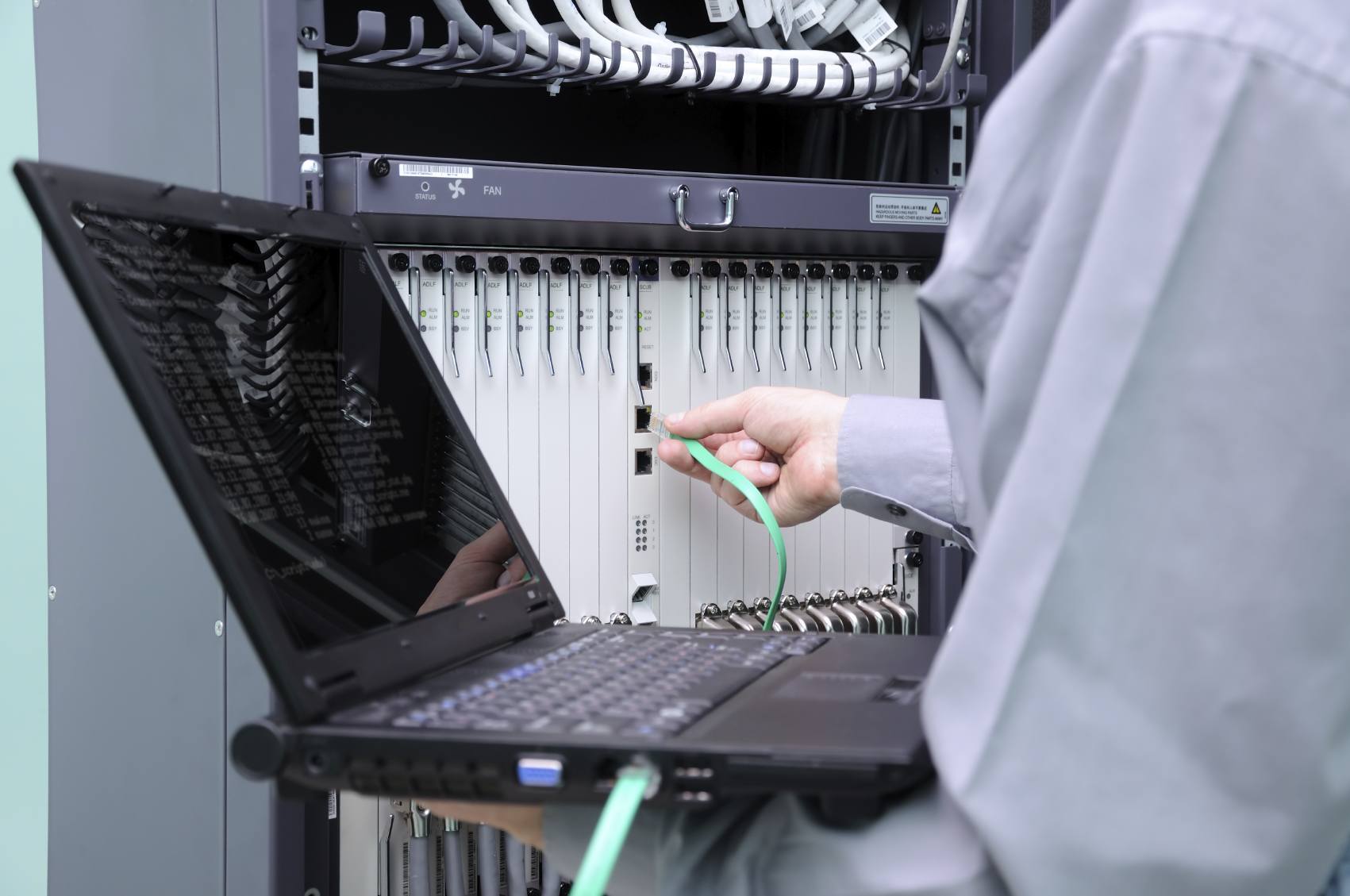Just about every business needs IT support to operate smoothly and efficiently. While some businesses opt to have an entire IT department on site, many choose to outsource IT support to receive the same quality services at a lower cost.
If you’re thinking about outsourcing IT support, here are two questions you should ask service providers.
Do you have experience serving businesses in my industry?
Technology needs for businesses differ from industry to industry. For example, a business in the restaurant industry won’t have the same technology needs as a business in the finance industry.
Before you hire an IT support company, you should ask whether the IT experts have experience serving businesses in your industry. The answer to this question will help you ensure your technology needs will be met to a T.
What sort of customer service can I expect?
As you may know from experience, disasters can strike at any time. Therefore, you want to outsource IT support to a company that offers excellent customer service.
You should ask about the time frame in which you can expect technology issues to be resolved. That way, if your server crashes, you won’t be left wondering when the IT technicians will be on site to deal with the issue. Look for service providers that offer 24/7 customer service.
More and more businesses are transitioning to outsourced IT support due to the quality services and lower costs.
For more information about the questions you should ask when outsourcing IT support, don’t hesitate to contact us.






